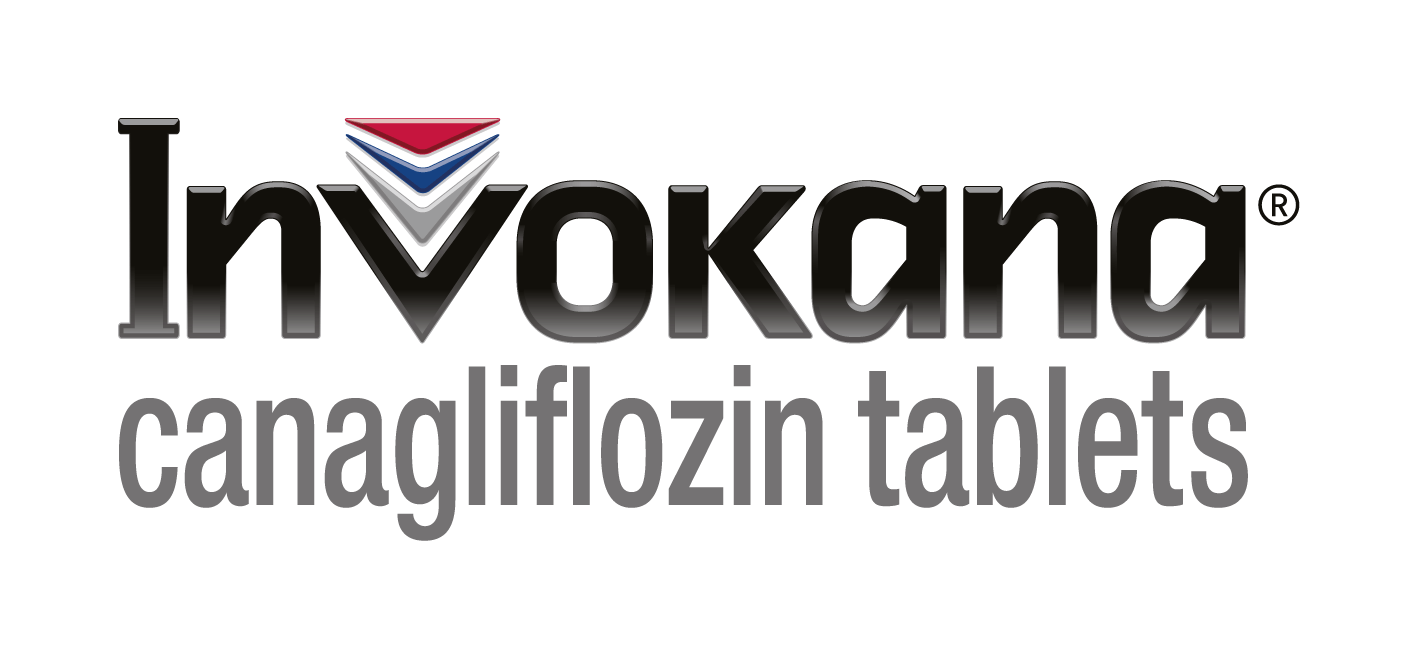This past June, the U.S. Food and Drug Administration (FDA) released a safety communication strengthening warnings for SGLT2 inhibitors like Invokana, but Health Canada beat the FDA to the punch with a warning a whole month earlier.
SGLT2 inhibitors are a class of drugs approved to treat type 2 diabetes. SGLT2 inhibitors work by blocking the reabsorption of glucose in the kidneys. Combined with diet and exercise, these medications quickly became a popular way to treat diabetes, but studies suggest that prolonged use of the drugs greatly increases a patient’s risk of experiencing severe side effects.
Between 2013 and 2015, the FDA received 101 reports of kidney injuries associated with Invokana. This led the FDA to strengthen its warnings for Invokana in June 2016, but with Health Canada warning of the drug’s side effects a full month earlier, critics are wondering what took the FDA so long?
In May, Health Canada released a warning to physicians and patients that SGLT2 inhibitors like Invokana can cause diabetic ketoacidosis (DKA), which occurs when the body produces too much acid in the blood, making it toxic.
Health Canada issued the warning after reports of clinical trial and post-market cases. Some of the cases were atypical and blood glucose levels were only moderately elevated, and this led many cases to go undiagnosed for some time. Many of the cases were life-threatening and required hospitalization.
The FDA’s slow response isn’t shocking. The FDA is notoriously slow at passing new regulations. The FDA is trying to make improvements via draft guidances open for comments regarding medical devices, 3D printed technology, and conflicts of interest, but these changes are just as slow as the FDA’s warnings. In the meantime, consumers might look to Health Canada for news on the latest harmful medications and devices.

